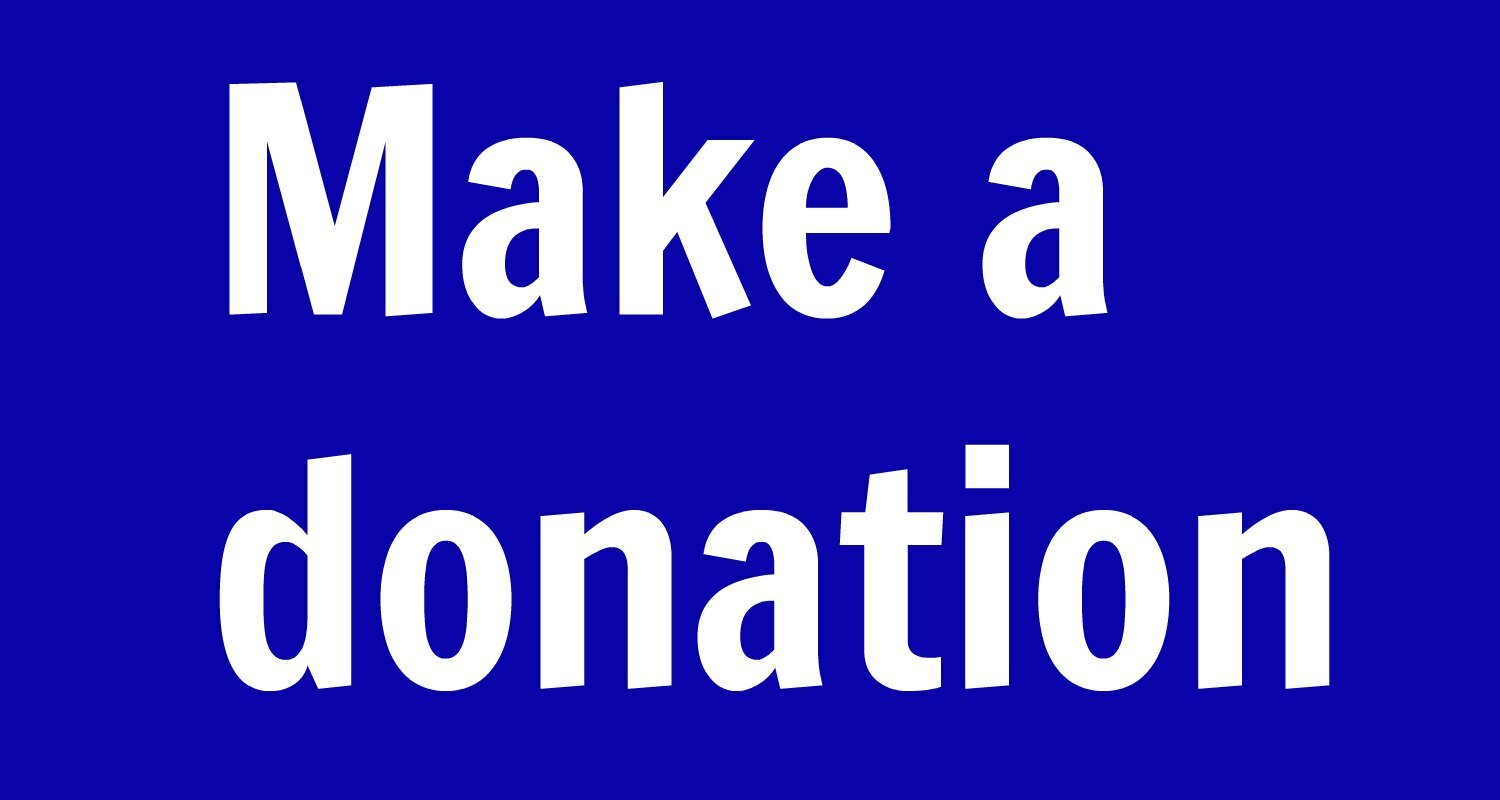For every active divestment organizer, there are dozens of students who support the movement in quieter, but no less personal ways. Maria Celes Lacasa Abragan, a Middlebury first-year from the Philippines, is one of those students. Vignesh Ramachandran from Divest Middlebury interviewed her, in the first of a series.
Vignesh: So, the anniversary of Typhoon Haiyan just passed…may I ask you some questions about it?
Maria: Well, back home we called it Typhoon Yolanda. Sure, go ahead.
Did you see the typhoon?
I was studying Hong Kong at the time and the place where I live was also not directly affected by the typhoon. But I still saw the devastating effects of the typhoon… I live in one of the SOS Children’s Villages, an NGO that runs nine other alternate family houses across the Philippines. There was one Village that was directly in the path of the typhoon, and it was completely destroyed. I think I can find some pictures of that orphanage after the typhoon.

SOS Children’s Village after Typhoon Haiyan.

Children at SOS Children’s Village after Typhoon Haiyan.
Wow, that looks awful…Are those children okay?
Yeah, most of them. They were relocated to a different Village nearby
What do you think will happen when the next typhoon comes around?
Every year we have typhoons and nobody learns from it. Nobody learns from the mistakes they made the previous year, and it leads to the same tragedies the next year. Because of climate change we can expect more and more typhoons and if we can’t learn from our mistakes, the casualties will be greater every year.
I agree. That sounds intense… With the expectation of more frequent and more intense storms, what do you think should be done here at Middlebury?
See, there are things that we do every day like composting and recycling that, in a way, can help stop climate change from the bottom. However, divestment attacks climate change from the top of the system, attacking the financial prowess of the fossil fuel companies and letting change trickle down from there. That’s why the fossil fuel companies are afraid of the power of the divestment movement. It worked in the past and it has the possibility to work again.
I still think making individual change is important, but in order for real change to happen, it has to happen from the top.
Sometimes, I think its hard for people in the United States to think of climate change as a serious issue because we never see the effects. Thoughts on that?
The people who don’t believe in climate change are the biggest blow to our situation on the front lines of climate change. If they want to see climate change, they can come visit me in the Philippines.

Maria Celes Lasaca Abragan, Middlebury College ‘18

